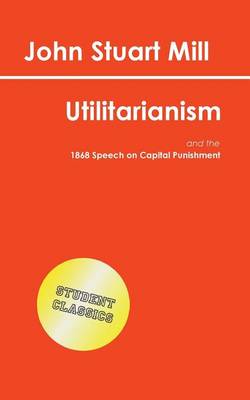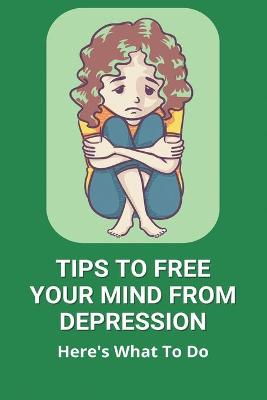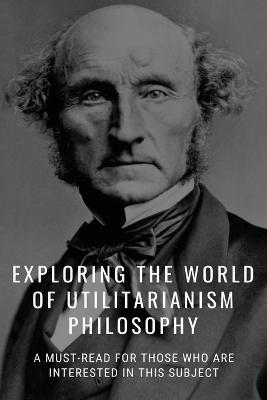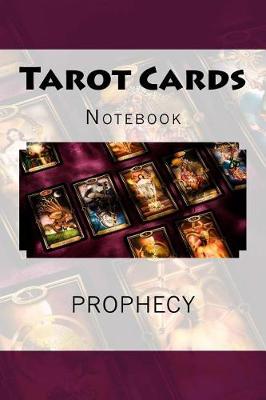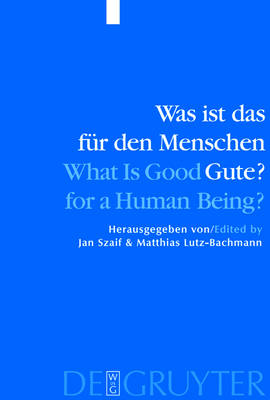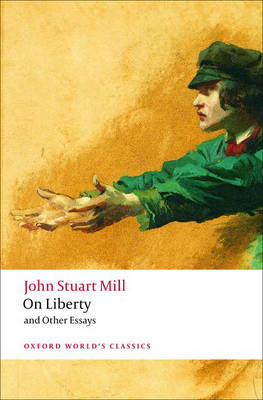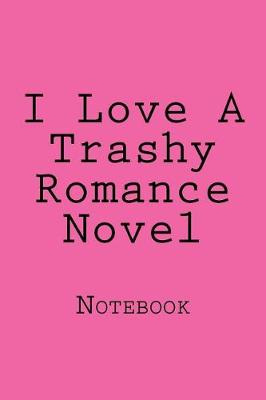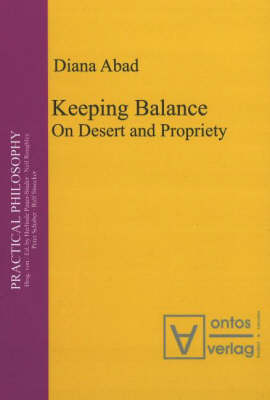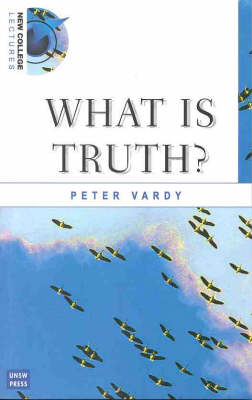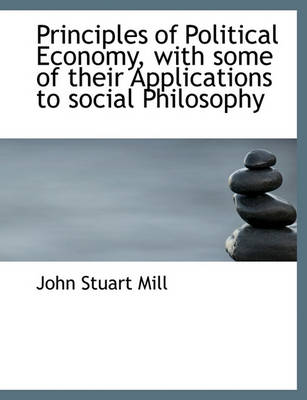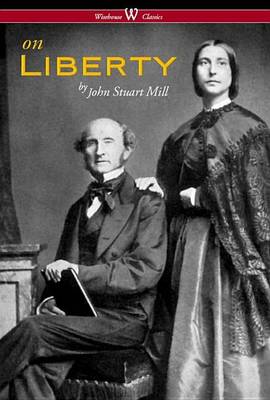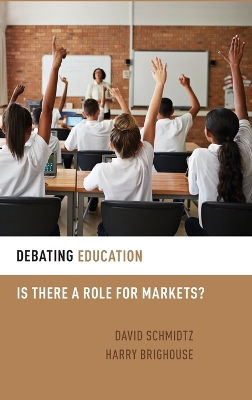Distributive Justice and Disability: Utilitarianism Against Egalitarianism
by Mark S Stein
Mill's "Utilitarianism" is one of the most important texts in the teaching of ethics. Utilitarianism as an ethical philosophy is one of the competing theories at the present time and Mill's "Utilitarianism" is the classic text in this area. As such, it is a hugely important and exciting, yet challenging piece of philosophical writing. In Mill's "'Utilitarianism': A Reader's Guide", Henry R. West offers a clear and thorough account of this key philosophical work. The book offers a detailed review...
Wedding Planner
by CC Wedding Planner Book and CC Wedding Planner Guide
Was ist das fur den Menschen Gute? / What is Good for a Human Being?
Die ethischen Herausforderungen der Gegenwart haben die Grenzen der gegenwartig dominierenden Regel- und Prinzipienethik gezeigt, weshalb Ansatze zu einer Ethik der Tugenden und des guten Lebens international wieder an Bedeutung gewonnen haben. Dadurch erlebt auch die Frage eine Renaissance, welche Rolle der Reflexion auf die menschliche Natur fur die Ethik zukommt. Der Band vereint philosophiehistorische Untersuchungen namhafter amerikanischer, britischer und deutscher Forscher zur antiken un...
How can we find true or reasonable moral principles to live our everyday lives by? Torbj rn T nnsj presents 7 radically different moral theories - utilitarianism, egoism, deontological ethics, the ethics of rights, virtue ethics, feminist ethics, environmental or ecological ethics - each of which attempts to provide the ultimate answer to the question of what we ought to do and why. He carefully describes each theory, showing how it works in practice using the "trolley problem" thought experime...
Collected here in a single volume for the first time, On Liberty, Utilitarianism, Considerations on Representative Government, and The Subjection of Women show Mill applying his liberal utilitarian philosophy to a range of issues that remain vital today - issues of the nature of ethics, the scope and limits of individual liberty, the merits of and costs of democratic government, and the place of women in society. In his Introduction John Gray describes these essays as applications of Mill's doct...
On Liberty (Barnes & Noble Library of Essential Reading)
by John Stuart Mill
Published in 1859, John Stuart Mill's "On Liberty" presented one of the most eloquent defenses of individual freedom in nineteenth-century social and political philosophy and is today perhaps the most widely-read liberal argument in support of the value of liberty. Mill's passionate advocacy of spontaneity, individuality and diversity, along with his contempt for compulsory uniformity and the despotism of popular opinion, has attracted both admiration and condemnation.
The aim of the series is to publish high-quality studies in English or German that deal with topics in practical philosophy from a broadly analytic perspective. These include questions in meta-ethics, normative ethics and 'applied' ethics, as well as in political philosophy, philosophy of law and the philosophy of action.
In Defense of Utilitarianism, C.L. Sheng provides a more intensive study of the Unified Utilitarian Theory (UUT), which he proposed in his previous work A New Approach to Utilitarianism (Kluwer Academic Publishers, 1991). Sheng defends utilitarianism, particularly UUT, against the objections and attacks raised by nonutilitarians, showing it to be a viable ethical theory. He argues that utilitarianism is not person-neutral, is not indifferent to distribution, and is not a theory of replacement, u...
Peter Vardy explains the philosophic process that has led to post-modernism - with its rejection of a single truth - and charts the political, social, environmental and personal consequences of undermining the distinction between truth and falsity.
Principles of Political Economy, with Some of Their Applications to Social Philosophy
by John Stuart Mill
On Liberty (Wisehouse Classics - The Authoritative Harvard Edition 1909)
by John Stuart Mill
Debating Education (Debating Ethics)
by Harry Brighouse and David Schmidtz
Debating Education puts two leading scholars in conversation with each other on the subject of education-specifically, what role, if any, markets should play in policy reform. David Schmidtz and Harry Brighouse each advance nuanced arguments and respond to each other, presenting contrasting views on education as a public good. Schmidtz argues on behalf of a market-driven approach, making the case that educational opportunities do not need to be equal in order to be good. The ideal of education...


